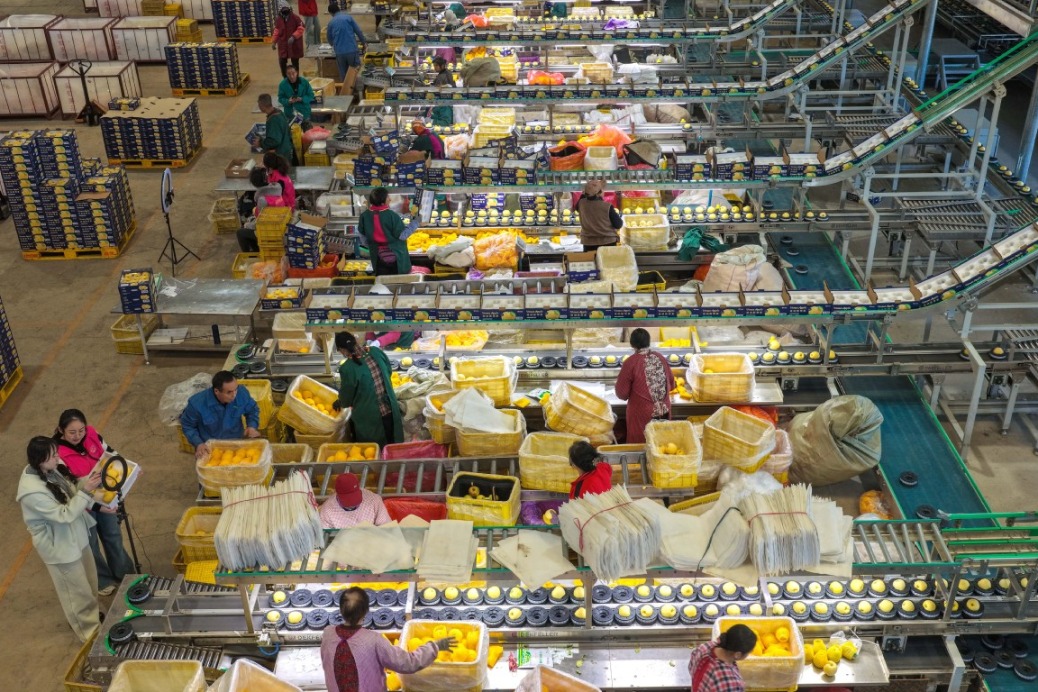COP30: Turning the green promise into global action


With Brazil hosting the 30th United Nations Climate Change Conference (COP30) in Belém in the Amazon region, the delegates not only get a good idea of what the region looks like, but also see some of the real needs of its population. Spanning nine countries and 12 Brazilian states, the region is considered the "lung of the world" for its major contribution to absorbing carbon dioxide and releasing moisture that feeds rainfall in most of South America.
Most of the countries that participated in previous editions have confirmed presence, but some important players, including the United States and Argentina, did not send high-level representatives to COP30. Their governments are skeptical about climate change and there is resistance to funding global initiatives that deal with the issue.
The Amazon region is rich in natural resources and houses enormous biodiversity. Apart from timber and tropical fruits, it is a reservoir of abundant fresh water and critical minerals that are in high demand from industries.
The discussions at COP30 should be aimed also at preserving and optimally utilizing the Amazon region's vast resources by attracting investment and fostering innovation and technology partnerships rooted in its vast diversity.
But financing this vision remains a challenge. The previous COP29 at Baku committed to provide $300 billion annually to developing countries for climate change initiatives by 2035.This would be too little and too late. Several estimates say that no less than $1.3 trillion is needed per year. This enormous gap in funding is further complicated by the lack of agreement on how these resources will be sourced.
The bigger problem is the lack of consensus on where this money will come from. Several rich countries refrain from contributing. There is also a debate on what projects are covered under this climate financing.
Brazil plans to propose two sources of financing. The first, Tropical Forest Forever Facility, aims to reward countries that preserve their tropical forests, turning conservation into an asset rather than a burden. The second, catalytic capital will attract private capital to projects aimed at climate transition.
The Brazilian government also plans to build an efficient carbon market. If successful, this initiative can have a far-reaching impact, given the increasing concern that major investors have regarding their carbon footprint.
The COP30 agenda must also consider reform in the global financial governance. Multilateral development banks must adapt to reflect the concerns and priorities of developing economies. Climate adaptation should be integrated into industrial policies and the misuse of environmental arguments to erect trade barriers should be discouraged.
For instance, the Amazon region has become the target of global trade politics. Several nations now demand evidence that products have not originated from deforested areas. This imposes significant costs on producers. Ironically, these requests come from countries that have destroyed their forests long ago. The world needs cooperation, not conditionalities, to make climate goals realistic.
The COP30 should also foster collaboration in the battle against climate change. Cities can share experiences in flood control, urban greening and mobility management. Countries can develop technological partnerships to cut methane emissions in cattle farming.
The Amazon region's abundance of fresh water, minerals and biodiversity and its potential for renewable energy could attract investments in sectors such as green hydrogen, green steel and electronic goods.
It is, therefore, hoped that the COP30 does not become just another formal conference but one that transforms lofty goals into actionable strategies. It should give birth to a number of initiatives that have a concrete impact on the global fight against climate change.
The author is a former economist at the Brazilian Institute for Applied Economic Research and at UN/ECLAC.
The views do not necessarily reflect the institutional position or that of China Daily.
If you have a specific expertise, or would like to share your thought about our stories, then send us your writings at opinion@chinadaily.com.cn, and comment@chinadaily.com.cn.



































